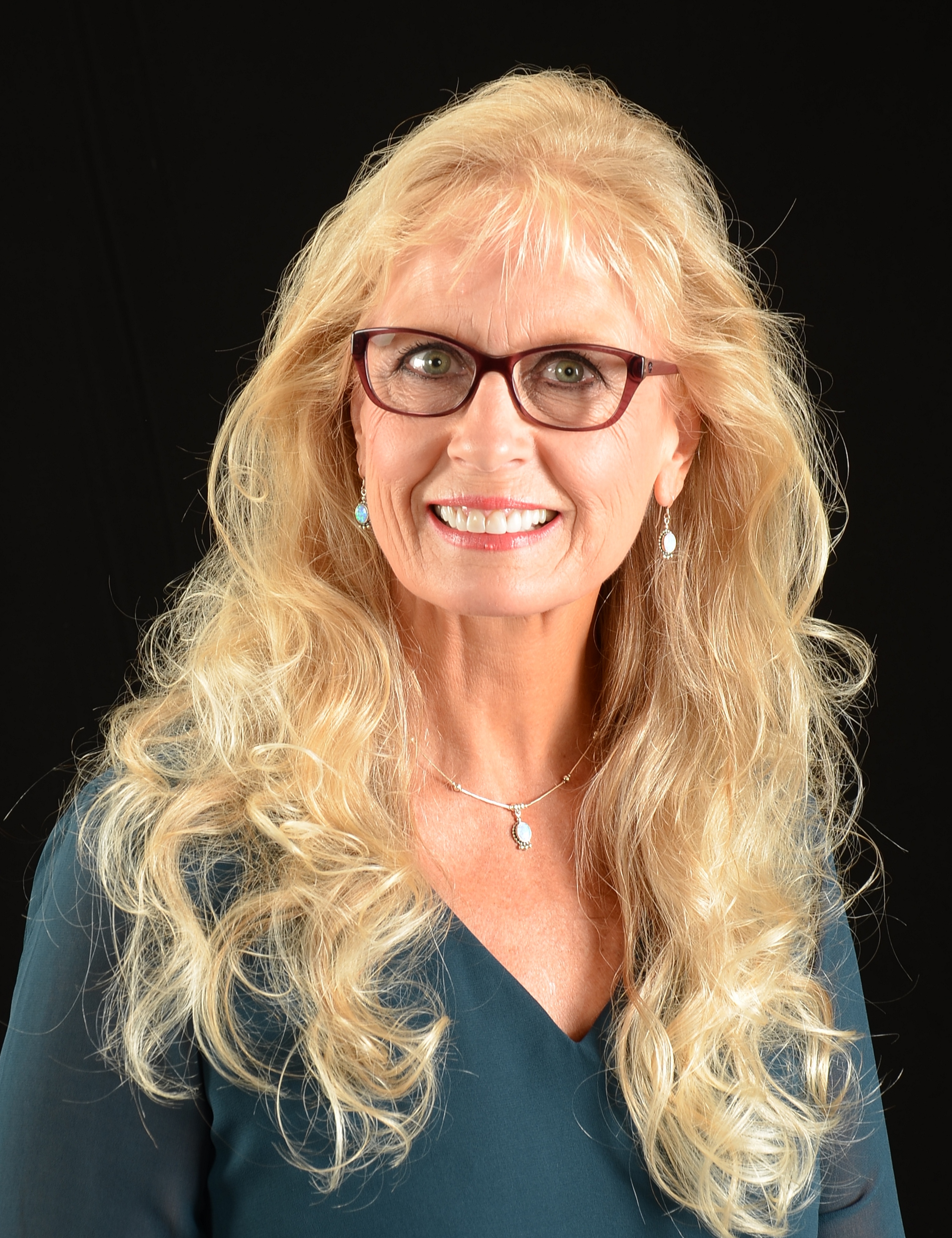What Remains… To Be Seen
Reflecting on our own experiences helps us better ourselves as funeral and cemetery professionals.
The recent return of United States Korean War Veteran’s remains has provoked considerable thought. In a way, I feel something of a connection in that my dad served in the Air Force during the Korean Conflict. Unlike those being returned draped with the United States flag, he came back and later received an honorable discharge.

What is so poignant is the fact that our world leadership recognizes the value of the last remaining presence of these deceased loved ones. They were our Veterans but our fellow citizens first. For so many of those who served and gave their lives, due to the years of waiting, the surviving members of their family may have not had a close family connection or even an introduction. In some cases, there was only extended family who would receive their loved ones remains. With one soldier, his set of dog tags is all that was recovered. The tags were presented to the soldier’s son who shared that the memory of his father was when he was just three years old. Nevertheless, the established relationships were not the only motivation of hearts, but the fact that they lived, they served and they were family.
THE IMPORTANCE OF RETURNED REMAINS
There is an innate sense of emptiness and angst, when a person is presumed dead, yet there is no evidence. Early in the grief of these soldier’s families, at best, there was hope of life or at the worst, hope in the recovery their precious loved one’s body or remains. Proof of death is seeing some remaining presence of the life lived and is a critical element that contributes to healing. Grief for a time screams in disbelief. Consider the agony of the soldier’s loved ones never really knowing or for some, knowing, but unable to see.
The value of having these soldier’s remains returned reaches beyond their own family members. So many like myself, feel the relief and complete knowing that these families will have the comfort to have the remaining evidence of life and finally lay their loved ones to rest. Finally, there will be a place of remembrance, a sacred site, from which to pay honor and reflect.
PROVIDING CLOSURE
When listening to the news, I often hear journalists and reporters use the term “closure” when referencing the families of the Korean Veterans. In exercises with Funeral Directors, I discourage that term when speaking with families, as it is so early in their journey of healing. When the term closure is introduced in the arrangement, it often implies and is perceived, that the door is shut and with it, their loved one’s memory is over. This is an inaccurate reference and instead, I encourage the professionals to use a statement such as:
“These ceremonies will be one step in your journey and provide a satisfying sense of comfort.”
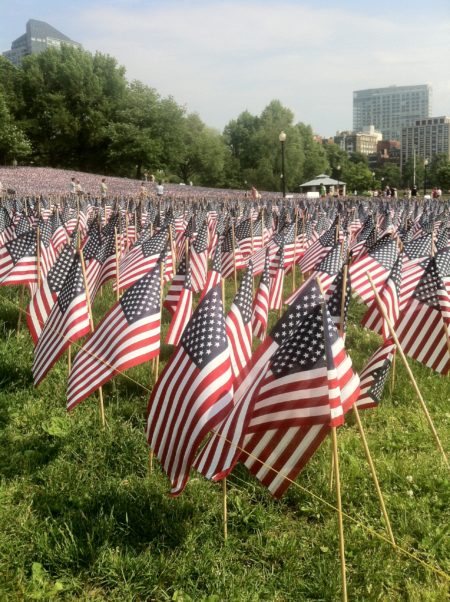 Regarding the Veterans who have been returned for their final rest, it is more understandably referenced, as providing a sense of closure. The closure in this regard is that the final step in the journey, when someone dies, is complete. Final rest is just as it infers; it is the final place of rest for that loved one’s remains. There is a completion in the journey when families make final rest plans when their loved one dies.
Regarding the Veterans who have been returned for their final rest, it is more understandably referenced, as providing a sense of closure. The closure in this regard is that the final step in the journey, when someone dies, is complete. Final rest is just as it infers; it is the final place of rest for that loved one’s remains. There is a completion in the journey when families make final rest plans when their loved one dies.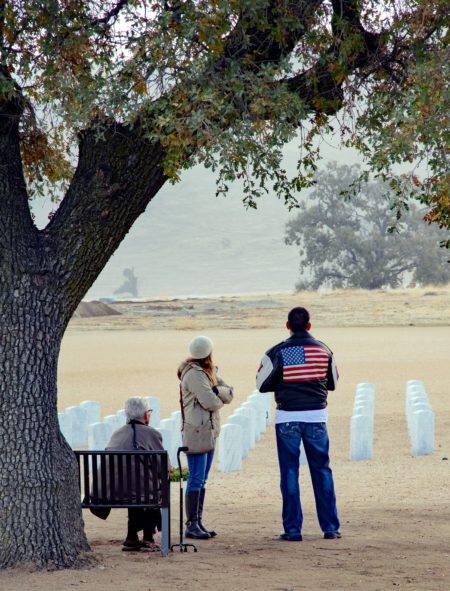
This brings me to an encouragement, and for some an admonition, as it regards final rest. Families who choose cremation are often deprived counsel of the benefits which final rest provides. Because it is stated by the Federal Trade Commission that cremation is a form of, “final disposition”, often funeral professionals do not explain the options or advise a family that eventually it is recommended, and most preferable, to establish a place of final rest for their deceased loved one who has been cremated. Certainly, the businesses that have cemetery and funeral home combinations are suited for and are more conscientious to direct families in selecting a place of final rest such as niche, earth burial, and scattering in an ossuary or a garden and memorialized on a cenotaph, etc. However, consistently it has been my experience, that funeral professionals neglect to advise and direct families in the value of establishing a final resting place, even if is long into the future.
Personal Reflection
In September of 2017, my mother died. We planned a time of gathering with her present, followed by a very personalized ceremony and a lavish reception. After all the events, she was cremated. For a time, I had the presence of my mother, in her urn, in our living room, waiting the day that we would travel to her final rest. It was her wish to be buried where she grew up in Wyoming, resting among family members with the rich presence of memories and love.
In June of 2018, we carried her remains in a one-of-a-kind, personalized urn and laid her to rest beneath the mountains in her home community. Once the graveside ceremony in all its grandeur and personalization was complete, we placed her in the urn vault along with fresh flowers and individual sentiment. Only at that point was I overcome with a comforting sense of satisfaction and completion. I would not say I had a sense of closure as it has been less than a year since her passing and memories are fresh. I do, however, have a comforting sense of satisfaction and completion that everything that we could do, and in my conviction, should do for her, was done.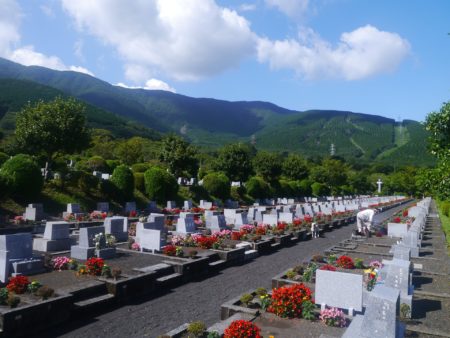
From a family perspective, providing counsel of final rest and options after cremation, is extremely valuable and in time, will bare great appreciation. From a business standpoint, it increases the value of the consultation and the options provided by the funeral professional, as well as potential increase in the contract. In terms of an arrangement, whether at-need or pre-need, I would say the only appropriate consideration to closure, would be if ceremony and final rest were discussed and it was determined which of the options will provide the family a comforting sense of satisfaction in the memory of their loved one.
These principles and additional skills are featured in our on-line video training C.A.R.E.Ring C.A.R.E.munication®, our single, premier training tool that affects the Performance Tracker and Customer Satisfaction Survey! For more information and a complete description click here.
Melanie Loyd
Owner of In it for Life, LLC
Author and Presenter of C.A.R.E Ring Communication
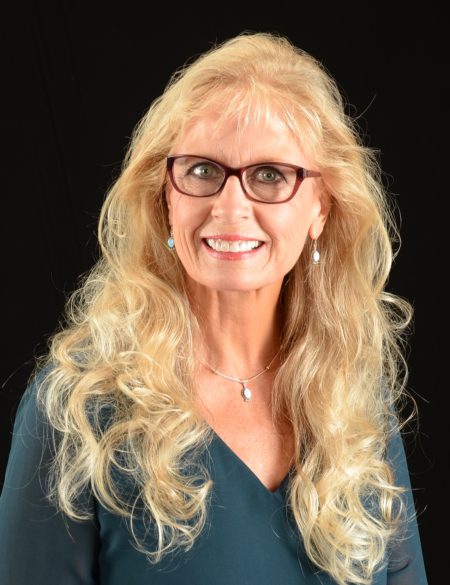 Licensed in Kansas and Oklahoma, Melanie Loyd presently coaches and equips funeral professionals on location, in the classroom and on web conferences in the US and Canada. Author and presenter of, C.A.R.E.Ring, C.A.R.E. Communication®, an online video arranger-training model, in partnership with Johnson Consulting Group. In addition, Melanie has developed a brand most attractive to families selecting cremation called the Greatful Gathering®. She has been a featured speaker at CANA, Washington Cemetery, Cremation & Funeral Association, Florida Independent Funeral Directors, and Texas Funeral Directors Association.
Licensed in Kansas and Oklahoma, Melanie Loyd presently coaches and equips funeral professionals on location, in the classroom and on web conferences in the US and Canada. Author and presenter of, C.A.R.E.Ring, C.A.R.E. Communication®, an online video arranger-training model, in partnership with Johnson Consulting Group. In addition, Melanie has developed a brand most attractive to families selecting cremation called the Greatful Gathering®. She has been a featured speaker at CANA, Washington Cemetery, Cremation & Funeral Association, Florida Independent Funeral Directors, and Texas Funeral Directors Association.
